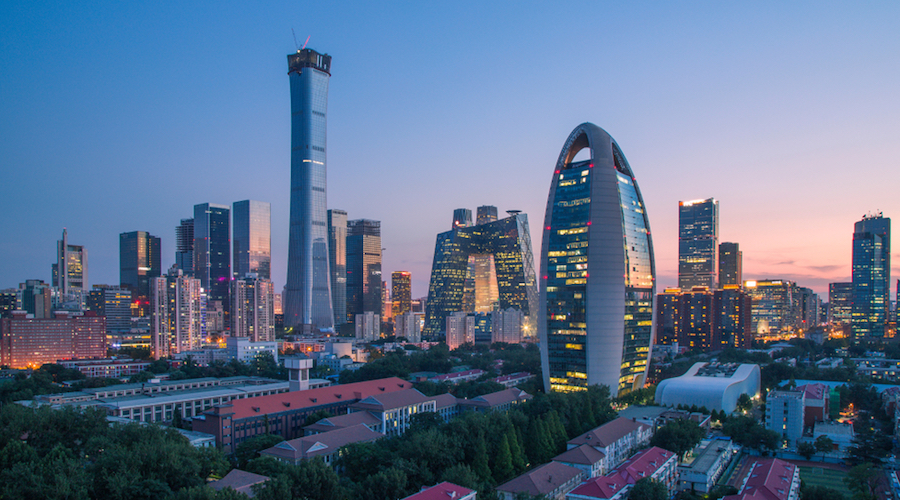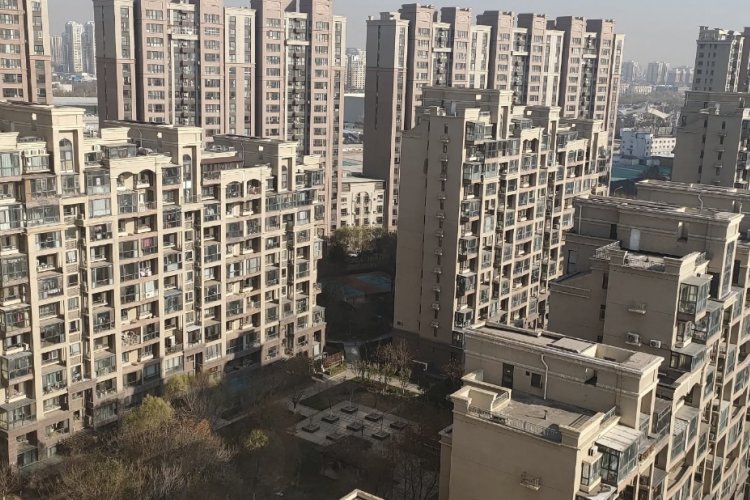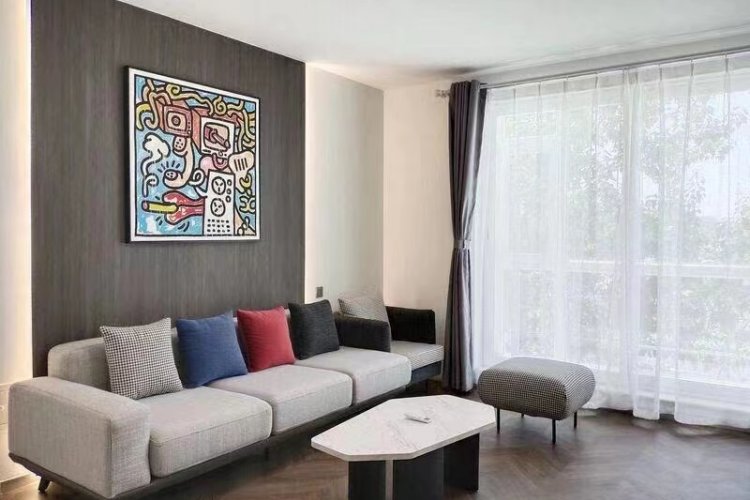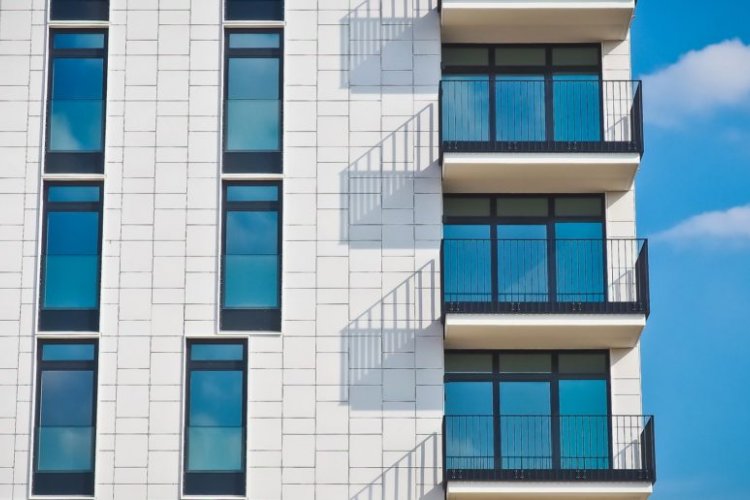A Complete Guide to Renting an Apartment in Beijing
The task of finding an apartment to rent in any big city, especially if you’re new, is not to be sniffed at and in Beijing, in particular, it can feel especially taxing. However, by learning a few keys facts and things to bear in mind, you can go into process forearmed and ready to take on pesky issues. So without further ado, these are the questions we wish we’d asked before we rented our first apartment in Beijing.
What can I expect to get for my money?
Many people arrive in Beijing expecting cheap rents but the fact is that prices have been increasing steadily in recent years. That being said, Beijing prices still beat other major cities like New York, London, and Hong Kong. The average rent for a two bedroom apartment in the center of the city is around RMB 6,000-9,000, although this varies by area: in Dongcheng the average rent for a 60-80sqm two bedroom apartment is RMB 7,300-9,700, in Chaoyang it’s RMB 6,000-8,000, and in Haidian it’s a much more reasonable RMB 5,500-7,500.

Apartment buildings in Beijing range from huge modern complexes to post-1980s six-story walk-ups to hutong courtyards. The modern complexes – such as Sanlitun Soho, for example – are the most expensive but offer the kind of living experience that is closest to what many expats will be used to. A hutong apartment, on the other hand, is attractive to many for the “authentic Beijing experience” it offers. For more on the relative benefits of both, check out our article on high-rises vs. hutongs.
Which area of Beijing is right for me?
There is no easy answer to this question since it depends on factors like where you work, your preferred mode of transport, whether you have kids, and whether you want to be near bars and restaurants or be away from the hustle and bustle. That being said, there are a handful of areas that tend to attract new arrivals to the city. We have detailed the features, advantages, and disadvantages of a few of the most popular below.

Sanlitun
In many ways, Sanlitun is the beating heart of Beijing, the place where trends start and end. If you want to be within walking distance of some of the city’s most popular bars and restaurants then this is the place for you. Living in Sanlitun will also put you close to many embassies and office complexes such as Pacific Century Place and Sanlitun Soho. Disadvantages of living in Sanlitun include frequent traffic jams, particularly on weekend evenings, and higher rents. The nearest subway stations are around a 10-minute walk away, although a new station smack bang in the middle of the area is set to open around 2021.
Wudaokou and Zhongguancun
Both located in Haidian District on the northwestern side of Beijing, Wudaokou is university central while Zhongguancun is Beijing’s silicon valley. If you are going to be studying or working in tech, then you may want to consider living nearby to avoid the long commute from downtown Beijing (although subway Line 4 and 13 both offer good connections in this area). Prices here also tend to be quite reasonable, with many apartments or agencies aimed specifically at students. Thanks to the large student population, Wudaokou has plenty of Western restaurants and lively bars.

Shuangjing
Located just south of Guomao (Beijing’s central business district), Shuangjing is a good choice for those who will be working in offices in that area. Long a favorite of expats, Shuangjing has plenty of shops and services, and many of Beijing’s more popular restaurant chains have recently opened branches there. Traffic can be brutal around Shuangjing (as it can across Beijing, to be honest), particularly on the Third Ring Road south of Guomao Bridge.
Shunyi
Long a favorite of people on expat packages, Shunyi is a great choice for those who want to be near to international schools such as Western Academy of Beijing or International School of Beijing. While there are apartment buildings in Shunyi, the area is particularly noted for its gated villa complexes such as Yosemite Villages and EuroVillage. Popular shopping and restaurant complexes in Shunyi include Europlaza and Pinnacle Plaza.
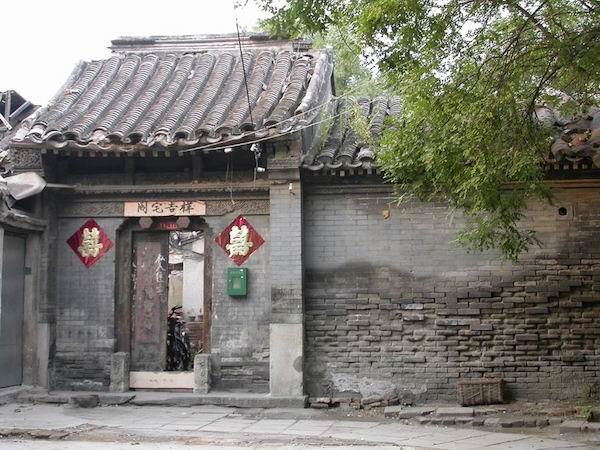
“The hutongs”
People often use this catch-all term to refer to most of Dongcheng District and the more easterly parts of Xicheng District, specifically, to the ancient alleyways that crisscross it. When it comes to charm and an “authentic” Beijing feel, then nothing beats living in a hutong, usually in a former courtyard that has been split up into smaller structures (in recent years smaller studio-type apartments have become increasingly popular). Hutong living is a much more community experience so expect to get to know your neighbors very well.
Where can I find an apartment to rent?
Once you’ve given some thought to which part of the city you want to live in, it’s time to go out and actually start looking at apartments. There are a number of ways to find listings and organize viewings, each with varying degrees of ease and success.
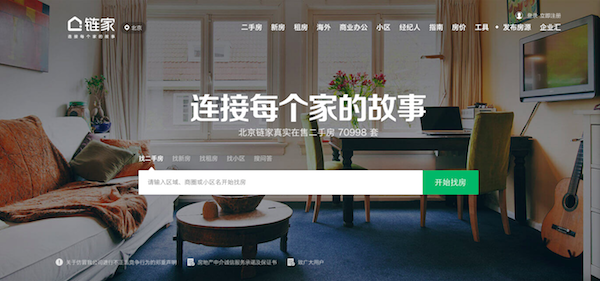
Real estate agents
Beijing is home to thousands of real estate agencies, from small, independent operations to nationwide chains like Lianjia. The advantage of working with an agent is that they know the neighborhoods and apartment complexes they serve well and the rental process is more standardized. On the other hand, they may charge a high fee or take you to apartments that don’t fit your requirements in an effort to get them off their books. You can also get in touch with real estate agents via the classifieds listings on the Beijinger, many of whom speak basic English.
Personal connections
In this age of WeChat, personal connections can be a reliable way of finding an apartment. Get friends to give you the contacts of agents they have used before (or tell you which ones to avoid) or ask to be added to rental and housing groups on WeChat.
Airbnb
Airbnb has a strong presence in China, with the country expected to be one of its biggest markets by 2020. You can find all sorts of apartments on Airbnb, from hutong courtyards to palatial business district penthouses, rented by both expats and local Beijingers. Airbnb is a good option if you are only in Beijing for a short period of time but the higher prices might put you off if you’re staying for longer than a few weeks.
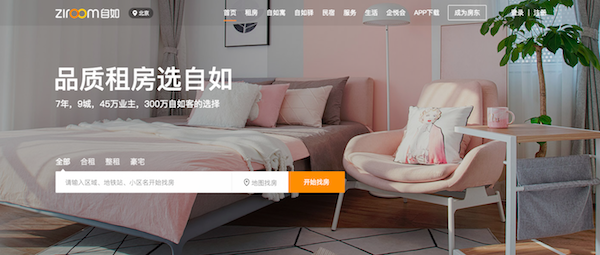
Ziroom is China's top O2O long-term rental company, offering products and services through its app, WeChat, and website to more than 3 million tenants in Beijing, Shanghai, Shenzhen, Hangzhou, Nanjing, Guangzhou, Chengdu, Tianjin, and Wuhan. Unlike some platforms and services, all of the apartments available on Ziroom are verified as genuine and are fully furnished and renovated before going up for rental, including cool features like smart locks and smart home systems. Ziroom also offers piece-of-mind services and guarantees, such as a 100 percent money back guarantee within three days if you are not satisfied with the apartment. They also offer a range of payment methods and you can choose to pay by the month, quarter or year. The whole process from looking at the apartment to signing the contract and moving in is done online, eliminating a lot of the hassle. Oh, and the service is also available in English.
What do I need to know before moving in?
We don’t have to tell you to use common sense when looking around an apartment. Check that appliances like air conditioners and hot water heaters are functioning properly and ask what furniture/appliances are included and if any will be added/taken away before you move in (this can often be negotiated if there’s something that you need). Most apartment complexes in Beijing are supplied with public heating, which is turned on from November 15 to March 15 every year. This fee is usually covered by the landlord but be sure to check before you sign your contract, as in some cases you may need to pay up front and have them reimbursed.
Bills – water, electricity, gas, and internet – are not usually included in your rent. Depending on the time of year, your bills shouldn’t come to more than RMB 400-500 a month. Some apartment buildings also have a monthly maintenance fee that is usually (but not always) paid for by the landlord. Again, make sure to check this.
Most apartments require one month of rent as a deposit and then three months of rent paid upfront. Paying this much money outright can be daunting, so you can ask your agent/landlord if they would be willing for you to pay month by month. You’ll usually need to pay by Chinese bank account transfer, cash or – if you’re lucky – WeChat/Alipay.
Anything laws/regulations I need to know about?
Your agent or rental platform should be able to fill you in on any requirements or procedures. The main thing to remember is that you should complete residence registration at your nearest police station (派出所 pàichūsuǒ) within 24 hours of moving in. You will usually need to provide your passport, visa, rental contract, and landlord’s ID card and phone number, but it’s best to call ahead or ask your agent to call for you to check what documents you need.
This post is paid for by Ziroom
Photos: Shutterstock/HelloRF Zcool, Wikimedia, Shutterstock/Sean Pavone

